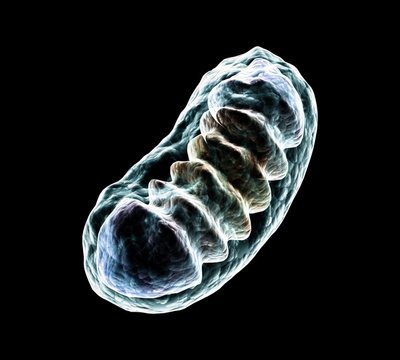A recent study conducted by researchers at the Novo Nordisk Foundation Center for Protein Research at the University of Copenhagen has found that the composition of the gut microbiome is responsible for the varying lifespans of individuals. While some people seem to effortlessly live to be 100 years old, others die much earlier despite leading healthy lifestyles. The researchers examined 176 healthy centenarians from Japan and discovered that the composition of bacteria and viruses in their gut differed significantly from the general population. The study, published in the journal Nature Microbiology, found that certain viruses positively influence the gut microbiome and, therefore, the health of individuals.
The researchers used a specially developed artificial intelligence (AI) to analyze the gut bacteria and viruses of the centenarians. They hoped to uncover the relationship between viruses and bacteria in the gut microbiome of the Japanese centenarians and determine what the ideal balance of viruses and bacteria in the human gut should be. The results of the study could help optimize the gut microbiome to better protect against diseases and extend life. The researchers found that the gut viruses of the centenarians contained an additional gene that promotes the health of gut bacteria. These viruses were able to accelerate the conversion of specific molecules in the gut, which could contribute to stabilizing the gut flora and fighting inflammation.
The study’s lead author, Joachim Johansen, explained that the researchers are eager to understand why some people live extremely long lives. Previous research has shown that the gut bacteria of elderly Japanese citizens produce new molecules that make them resistant to pathogenic microorganisms. If their gut is better protected against infections, it is likely one of the factors that allows them to live longer than others. The researchers hope to decode the mechanisms of the gut microbiome and determine how different types of bacteria and viruses interact with each other. They also want to identify specific bacteria that are more advantageous than others and create a microbiome that contributes to a healthy, long life.
In conclusion, the study found that the composition of the gut microbiome is responsible for the varying lifespans of individuals. The researchers discovered that certain viruses positively influence the gut microbiome and, therefore, the health of individuals. They used AI to analyze the gut bacteria and viruses of the centenarians and found that the gut viruses contained an additional gene that promotes the health of gut bacteria. The researchers hope to use this information to optimize the gut microbiome to better protect against diseases and extend life.










